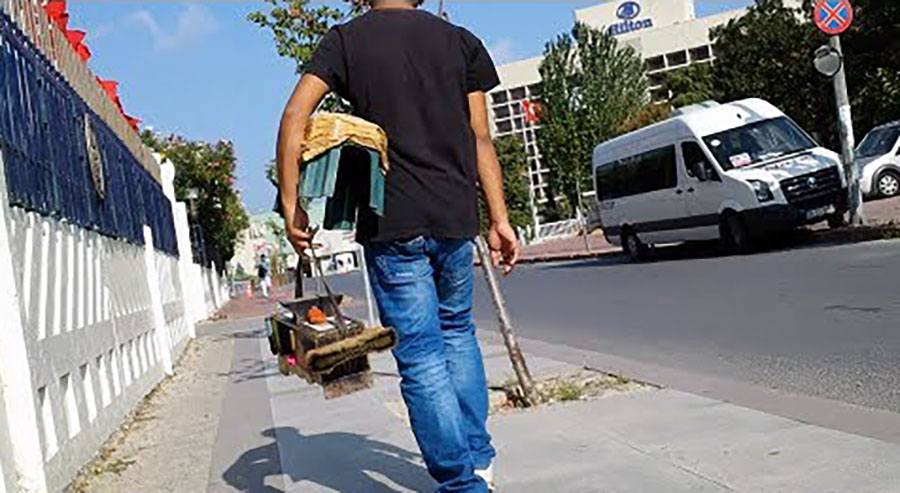Tourism, one of the vital lifelines of Turkey’s economy, has its fair share of challenges. Among them, the notorious ‘shoe shine scam’ stands out – a harmless-looking hustle with deeper implications on the country’s image and tourist experience. In an attempt to provide a clearer understanding of this deceptive practice, this article evaluates the scam, its impact, and potential solutions.

The ‘shoe shine scam,’ on the surface, is a simple bait-and-switch operation. It starts with a shoe shiner, walking along the streets of Istanbul, accidentally dropping his brush. An unsuspecting tourist picks it up and returns it to the shiner, who, in gratitude, offers a free shoe shine. However, once the shine is complete, the shiner demands an exorbitant fee, often to the surprise and dismay of the kind-hearted tourist.
This scam, while seemingly trivial, casts a shadow over the hospitality and warmth that Turkey is renowned for. Tourists, being victims of such experiences, are likely to perceive Turkey as a place where scams are rampant, damaging the country’s reputation. Furthermore, it fuels a negative stereotype about Turkish vendors, tarnishing the image of genuine, hardworking people in the industry.
One could argue that scams are not exclusive to Turkey and occur in many major cities worldwide. However, the frequency and notoriety of the shoe shine scam have made it a distinguishing yet unwelcome feature of the Turkish tourist landscape. While it is the responsibility of travelers to remain vigilant, the prevalence of this scam speaks to a more significant systemic issue that requires attention.
The local authorities’ role in curbing this scam is crucial. Stricter regulations and steeper penalties for scammers can act as an effective deterrent. Regular patrolling in tourist-heavy areas, along with signage and awareness campaigns about such scams, can further help protect tourists.
Another key player in combating this issue is the travel industry itself. Travel agencies and tour operators can contribute significantly by educating their clients about common scams in the region. Hotels, too, can offer advice to their guests, cautioning them against such situations.
From a larger perspective, addressing the socio-economic factors that drive individuals to resort to scams is also essential. This could involve creating better job opportunities, providing financial support, and imparting skills training to those in need.
While the Turkish shoe shine scam may appear as a minor hassle in the grand scheme of tourism woes, its implications are far-reaching. It is not merely about an overpriced shoe shine, but about trust, perception, and ultimately, Turkey’s reputation as a tourist-friendly nation. Tackling this issue requires a concerted effort from local authorities, the travel industry, and social organizations. Through combined actions, Turkey can indeed replace the stain of this scam with the shine of its genuine hospitality.


